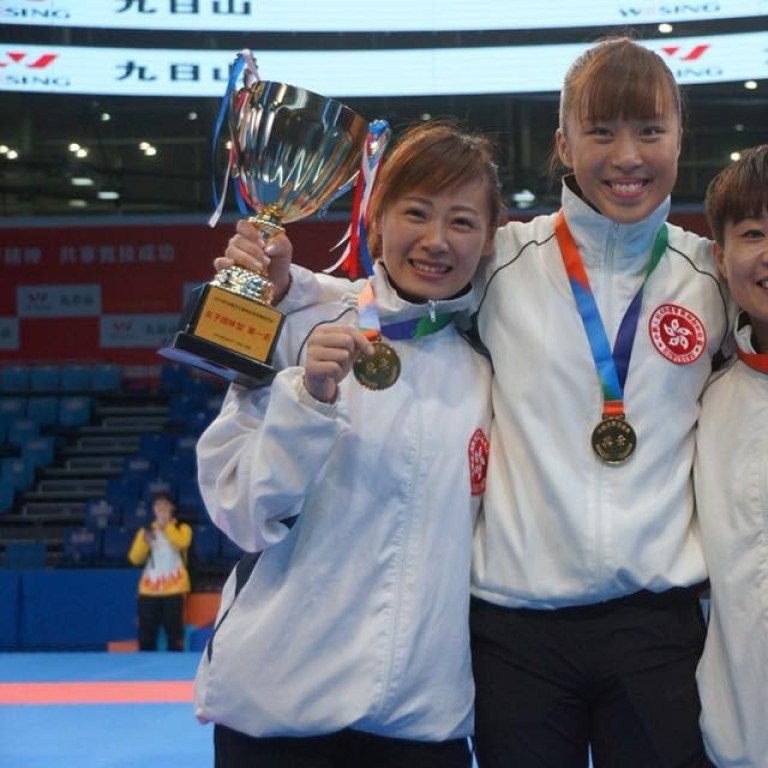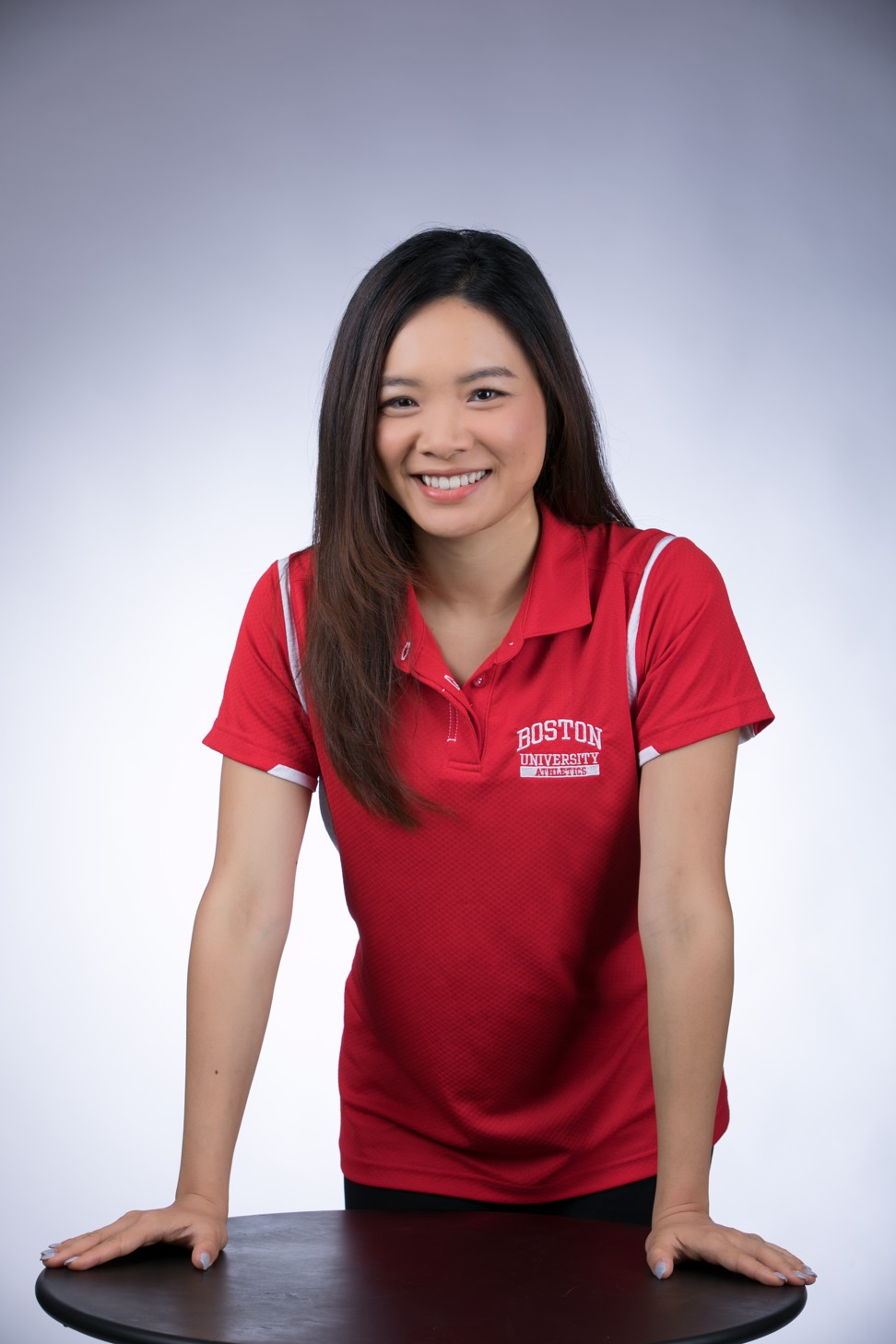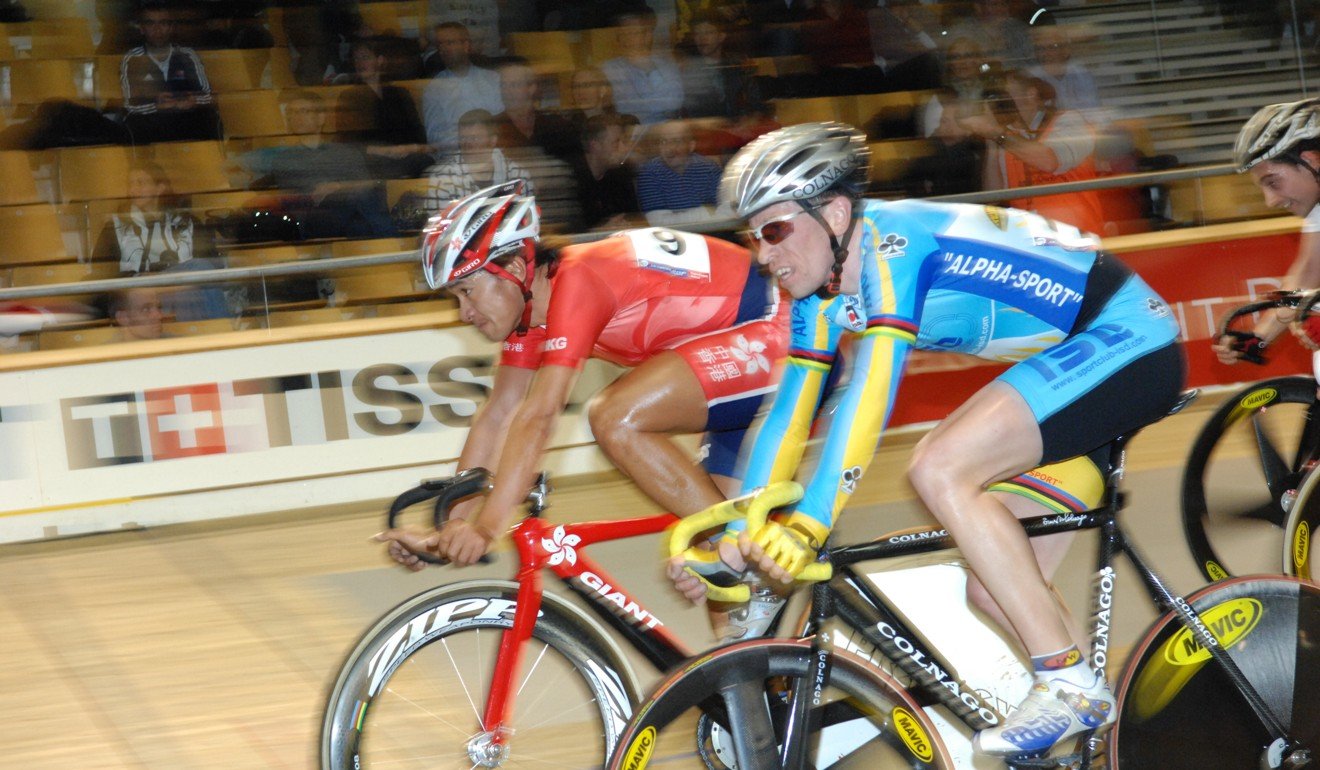
Former Hong Kong elite swimmer now offers a winning formula through sports psychology
- Rising swimming star gave up the sport after failing to improve
- Now she works with other elite athletes as a mental performance consultant
Karen Lo Cheuk-hang was a rising swimming star when she quit the Hong Kong team in 2006 at the age of 17. At the time, she could not figure out why her competition results were so disappointing.
“I was always unable to sleep and eat well before a competition, and sometimes I would make excuses to avoid competing,” said Lo, now 30.
“So, even when I performed well in training, I was unable to achieve good results in international meets. After a while, I just couldn’t see a point in continuing.”
Lo was 11 when she started training as an elite athlete. She had free access to services at the Hong Kong Sports Institute (HKSI), including nutrition counselling, physiotherapy and sports psychology.
But it was not until after retiring from her sport that Lo learned about sports psychology by studying how high-performing athletes are able to improve.

“It just wasn’t really talked about, not even at the HKSI. In Hong Kong, psychology is still stigmatised and people generally assume that if you need to see a psychologist, you have a problem,” she said.
More than a decade after leaving the sport, Lo said she has no regrets because “something good came of it”.
In fact, she has been running a sports psychology business, called Inner Edge, since 2015, helping other athletes, – amateur and professional – overcome their personal obstacles. In addition to meeting with clients in her clinic, Lo, a Certified Mental Performance Consultant under the Association for Applied Sport Psychology (USA), works with local basketball and soccer teams, and gives workshops at sports associations.
Lo wants to help local athletes understand that sports psychology is not only about solving problems, but performance enhancement. The learning process, she said, can be challenging.
“Male team athletes are sometimes wary of my presence when I attend their training sessions, and might perceive asking for advice as a sign of weakness,” Lo said.
“But they’re losing out: working with a sports psychologist can really help boost their confidence and manage stress.”

Wong Kam-po, an accomplished local cyclist, admits to getting nervous before major events, like the Olympics and the Asian Games. With the help of a sports psychologist, he was able to overcome his nerves.
“With competitions, there’s always a lot going on and a lot of pressure, so I would always meet with my psychologist for a chat before a big event,” Wong said.
“They would help motivate me and get me into the right state of mind.”
Tong Siu-man, a 34-year-old rowing athlete, sees a sports psychologist regularly. She believes an athlete’s mind plays a greater role in shaping success than physical abilities.
“It takes a healthy state of mind for athletes to cope with rigorous training and failure,” she said. Being in top shape can only get you so far if you can’t control your thoughts.”
Wu Lok-man, a 27-year-old karate expert, agreed. She said Hong Kong athletes would benefit from a better understanding of what sports psychology can do for them.
“Unfortunately, society and coaches seem to be failing to deliver the message that sports psychology is essential to good performance,” Wu said.
Too many Hong Kong athletes focus on their weakness, and not their strengths...
Now in her seventh year of practice, Lo said she has noticed a common flaw with local athletes.
“Too many Hong Kong athletes focus on their weakness, and not their strengths, which they should be putting to good use when competing,” she said.
She attributes this partly to the perfectionism of Chinese culture, and how parents and coaches often equate an athlete’s worth with their results.
Lo believes parents and coaches have an important role to play in setting the right tone for training – so athletes are motivated to perform.
It was this realisation that helped Lo identify what went wrong with her own training: she had peaked too early, and did not know how to cope with the pressure of other people’s expectations.
“When my performance plateaued, my coach would tell me to practise more, thinking practice makes perfect,” she said.
“But now I know it’s not just about skill and strategy, but perfect practice.”

